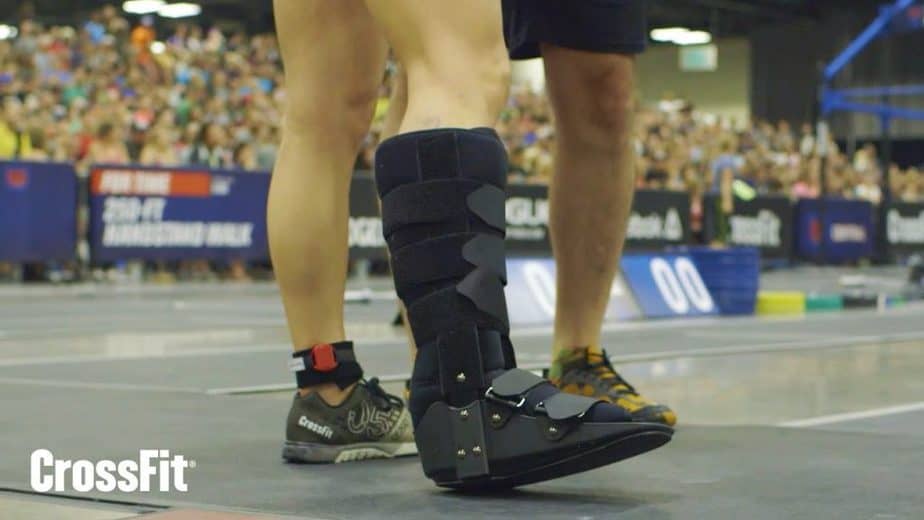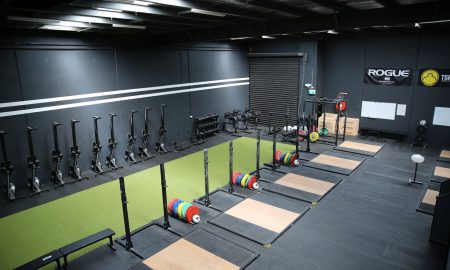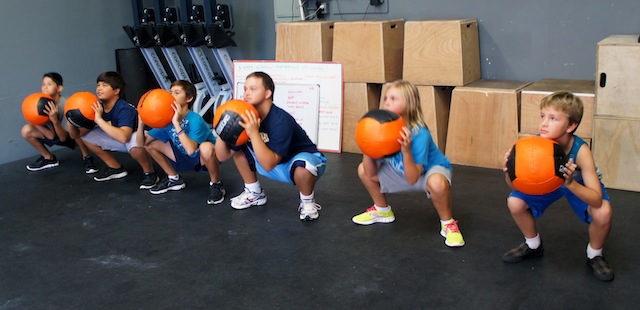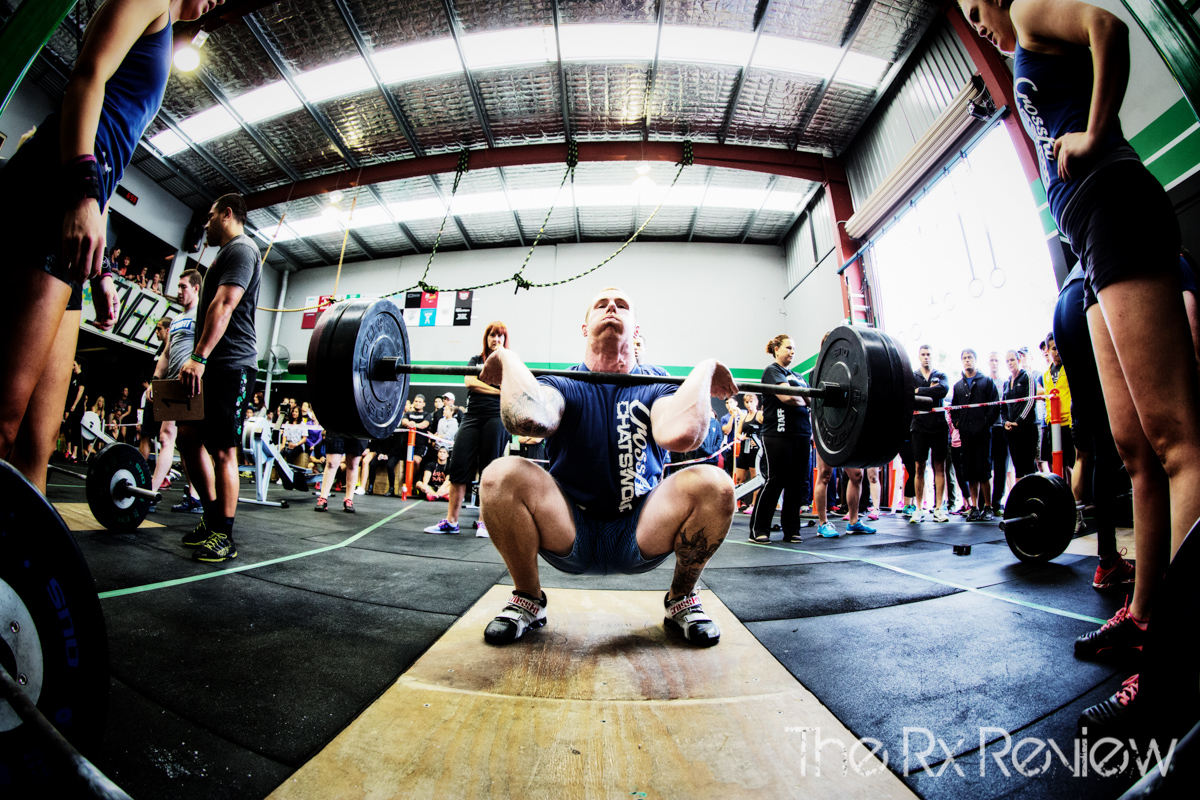
Hitting the gym is an excellent way to keep fit and be healthy. Still, there are instances wherein unfortunate instances occur, leaving you with injuries that may hinder you from doing further exercises. If the accident that caused your injury can be attributed to another person’s negligence, you may be eligible for compensation. This article highlights the crucial steps you must take if you’ve been injured at the gym.
Report the Incident
One of the primary things you need to do after being injured in the gym is to report the incident. This means that you must notify the gym staff or manager and ensure that they document the incident. A seasoned Calgary personal injury attorney suggests that you obtain a copy of the incident report for your records. Later on, this can prove to be substantial evidence to support your claim. This is because the incident report will likely contain details such as when and how the accident happened and the potential root cause of the unfortunate mishap. Some gyms require an official incident report. Ensure you fill out this report and keep a copy for your records.
Seek Medical Attention
Another of the first things you need to do following an injury you acquire at the gym is to seek medical attention. In this case, determine the seriousness of your injury. If it’s severe, such as a fracture or head injury, or if you’re in severe pain, seek emergency medical assistance immediately. It would help if you stopped exercising immediately to prevent further injury and avoid moving the injured area to minimize damage. Even if your injuries seem minor, you should see a healthcare professional immediately. A medical evaluation can identify underlying issues and provide proper treatment. But remember, you must retain copies of all medical records and treatment plans related to your injury, which can substantiate your insurance claim and potential legal actions.
Ensure that you follow the medical advice and treatment plan your healthcare professional provides to ensure proper recovery. For instance, if your healthcare practitioner advises you to avoid activities that could strain or worsen your injury, follow specific weight-bearing or mobility limitations instructions. If prescribed, use crutches, braces, slings, or other assistive devices as instructed to support and protect the injured area. You should also take any prescribed medications to manage pain. Finally, attend all follow-up appointments to monitor your recovery progress and make any necessary adjustments to your treatment plan.
Gather Sufficient Evidence
A part of gathering sufficient evidence to back up a personal injury claim is documenting what happened or the possible root cause of your injury. In this case, you can write details, recording the incident’s date, time, equipment used, and how the injury occurred. This information can be crucial if you need to file a claim later. You can also take photos or videos of the scene, the equipment involved, and your injuries, all of which can serve as valuable evidence. In case there were other people who saw the incident firsthand, get their contact information and ask if they would be willing to provide a statement about what they saw.
Review Your Gym Membership Agreement
Review your gym membership agreement for any clauses related to injury and liability. This can provide insight into your rights and the gym’s responsibilities. For example, many gym contracts contain waivers and release clauses that limit the gym’s liability in case of injury. These clauses may stipulate that you waive your right to sue the gym for injuries sustained on their premises. Some agreements even include language indicating that you acknowledge and accept the risks of exercising at the gym. This can affect your ability to hold the gym accountable for injuries.
Check if the agreement requires you to have personal liability insurance or if the gym provides coverage for injuries sustained on their premises. Understanding insurance arrangements can affect your options for seeking compensation. Also, there may be time limits within which you must report an injury to the gym. Understanding these timeframes is essential to protect your rights. Remember to retain a copy of your gym membership agreement and any other relevant documents, such as incident reports and medical records. These documents may be crucial if you decide to pursue legal action.
File an Insurance Claim
Next, notify your health insurance provider about the injury. If the gym has liability insurance, you may need to contact their insurer to file a claim. However, you must be careful when communicating with any insurance provider. This is because insurance providers often try to offer a settlement that may be less than what you deserve for the injuries you sustained. Sometimes, they may try to lowball your injuries to solidify their offer. It would help if you were careful about specific statements that may be misinterpreted as an admission of fault, rendering any of your claims invalid.
Consult a Lawyer
You may need to consult a lawyer to help you obtain the rightful compensation you deserve for the injuries you have sustained. For instance, if your injury is severe or you believe it was caused by negligence on the part of the gym or faulty equipment, consult a personal injury lawyer. They can advise you on your rights and potential compensation. When choosing a lawyer to work with, ensure they specialize in personal injury cases because this is where your claim may fall. These legal advocates know the intricacies of personal injury laws.
Monitor Your Recovery
Finally, monitor your recovery. Keep track of your recovery process, including ongoing pain, treatment, and how the injury impacts your daily life. This information can be helpful for medical follow-ups and any legal proceedings. Aside from this, give your body the time it needs to heal, and follow any prescribed rehabilitation exercises. Take your time back into your workout routine before you’re fully healed; doing so can exacerbate your injury. Also, remember that emotional and physical support from friends, family, or support groups can benefit your recovery.
When you sustain injuries at the gym, ensure that you report the injury immediately so you will receive the proper medical attention. From there, gather sufficient evidence and review your gym membership to support the insurance claim that you can file. If necessary, you can consult a lawyer, but most importantly, monitor your recovery to ensure you will be back on your feet in no time.


















Follow Us